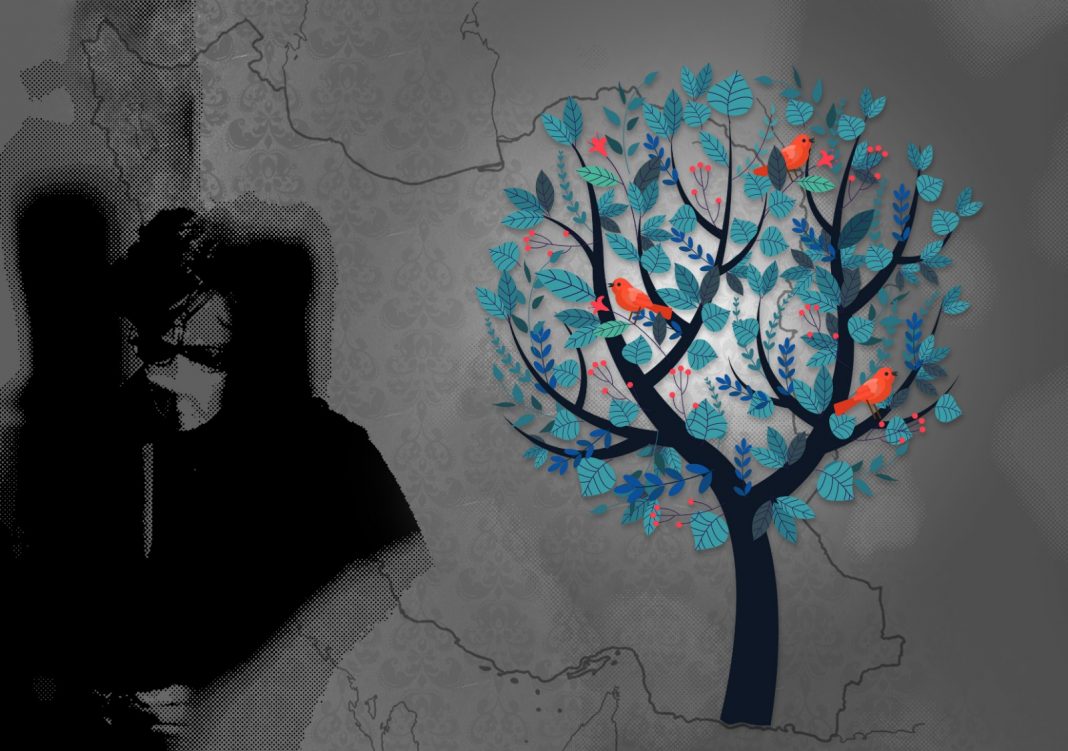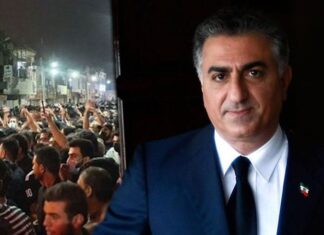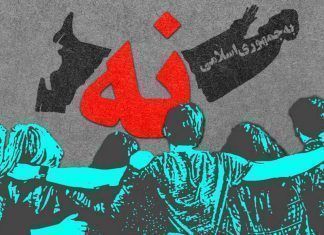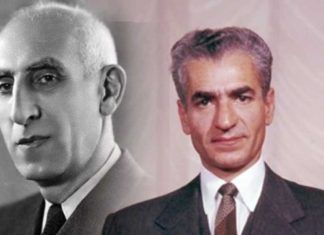March 20 marks the Iranian New Year, Nowruz — an ancient Persian festivity that celebrates the arrival of spring.
Last year was a turbulent and uncertain period for the nation, which experienced political turmoil, social unrest, economic crisis, and heart-wrenching human tragedies.
The country was plagued with a series of natural disasters and health scares, including flash floods in April that destroyed vast areas in the southern parts of the country, a swarm of locusts in August that decimated farmlands in the southern province, and the outbreak of coronavirus only a few weeks before Nowruz that has killed more than 2,000 people in Iran so far.
A lack of coherent domestic policies, rampant corruption, chronic nepotism, and endemic incompetence are the hallmarks of the Islamic Republic regime, which has failed to manage many crises that have gripped the country in recent years.
Iranians finally lost patience with the regime in October after the government raised fuel prices, prompting violent nationwide protests that left many dead and injured. As a result, the Islamic Republic system lost all credibility among the people.
Even many of the regime’s staunchest supporters have questioned the legitimacy of its rule.
While the nationwide unrest in December 2018 showed that Iranians did not trust the Islamic Republic because they knew by then who their real enemy was, the October 2019 protests were an unequivocal rejection of the regime.
The recent unrest shook the Islamic Republic to its core.
Prompted by existential fear, the state brutalized innocent people who had poured into the streets in October and November, demanding their fundamental human rights.
Authorities arrested and imprisoned many people on unspecified charges. They also severed the public’s contacts with the outside world by censoring the free press and blocking the internet and social media.
The Islamic Republic’s ruthlessness is only matched by its incompetence.
On Jan. 7, some 35 people were stampeded to death, and another 48 injured during a poorly planned public funeral for the slain commander of the Islamic Revolutionary Guards Corps’ Qods Force (IRGC-QF) Lieutenant General Ghasem Soleimani, held in his hometown of Kerman, capital of the southeast province of Kerman.
A day later, IRGC’s units unintentionally shot down Ukraine Airlines Flight PS752 near Tehran Imam Khomeini International Airport, killing all 176 people on board.
Military incompetence and gross negligence caused the death of so many innocent people and scarred the entire nation.
Less than two months later, the World Health Organization (WHO) declared the coronavirus outbreak a pandemic, but authorities in Iran played down the health crisis and hid the true extent of the infection from the public.
The regime’s unconscionable refusal to halt flights to and from China, where the virus originated, exasperated the problem and caused the disease to spread in the country.
Iran has the sixth-highest number of coronavirus infections in the world after China, Italy, the U.S., Spain, and Germany. It also has the third-highest number of coronavirus deaths in the world after Italy and China.
None of these events in and of themselves can challenge the legitimacy of the regime. However, since its inception, the Islamic Republic regime has morphed into a state-run criminal enterprise that has imposed its minority rule over the entire nation.
Most Iranians denounced the Islamic Republic regime by boycotting the Majlis (Iranian Parliament) elections on Feb. 21.
The Iranian new year, Nowruz, celebrated on the first day of spring, signifies renewal, hope, and the promise of a new dawn.
The unwavering resolve and commitment of the Iranian people will enable the country and the nation to outlive the Islamic Republic.
We wish everyone a happy and triumphant Nowruz.
[Translated from Persian by Fardine Hamidi]






